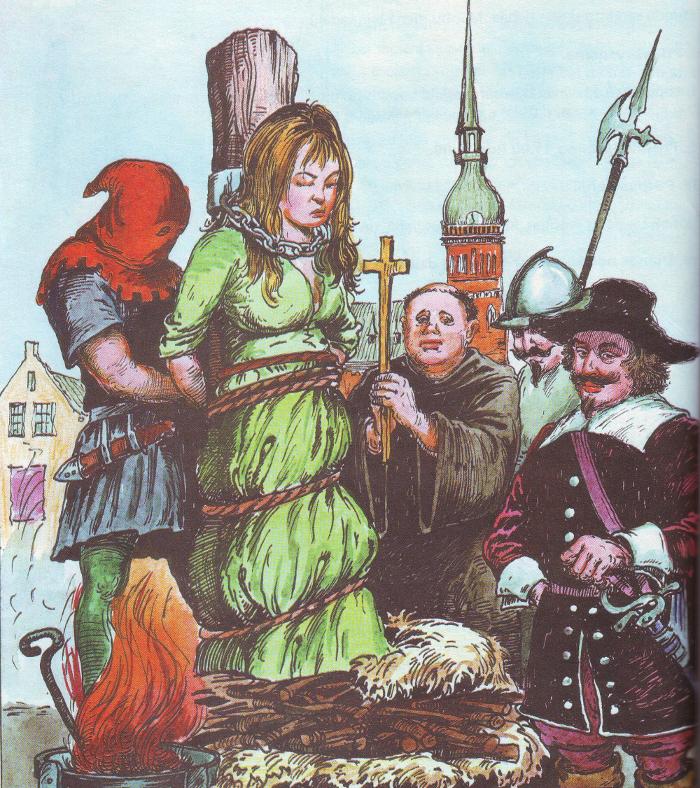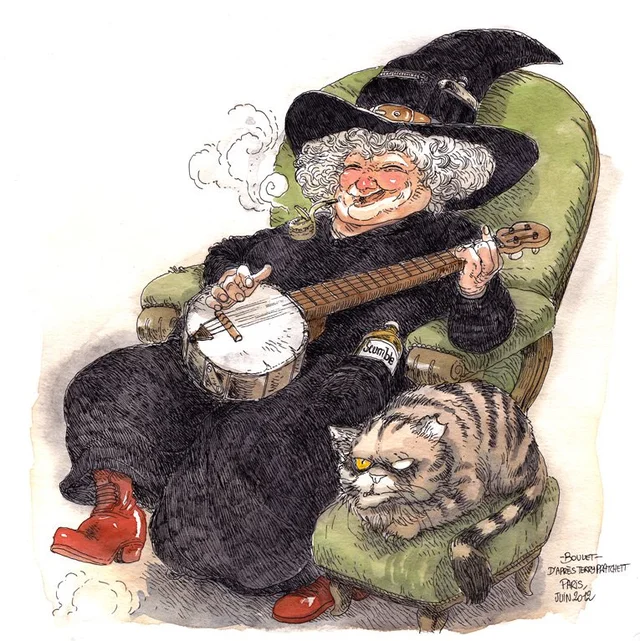The astral realm is the place where magic in our world originates from. Beings called witches can access that magical power for their own purposes through the use of spells and rituals. The amount of power they wield depends partly on their own abilities, but also on the amount of magic within the vicinity. In most locations, the level of mana is fairly limited, but there are certain areas in which the mana content is dramatically higher. Places of power are sites in which the veil between the mortal and astral realms are weakest, allowing for the most powerful magic to be performed. For centuries, witch covens have gathered here to perform various rituals at certain times of the year. The power of a spell can increase tenfold in these areas, increasing its effectiveness and likelihood of success. Due to human nature, it would be likely that these covens would do battle with each other to control these hotspots. Wars would be fought to secure dominance over these areas and deprive their rivals of access to weaken them further. The strongest covens would naturally win out and take these resources for themselves. The obvious solution to this would be to form an independent council made up of all covens who would be stewards of these sites.
Covens would send individual representatives elected by them to sit on this board to serve as equal members to other representatives, as well as fund the organization with the resources it needs to do its job They would serve as caretakers of these sites to ensure all covens are respected and are able to utilize them, and make decisions that are independent of any individual coven's interests. The problem with this scenario is that the council would only be as powerful as the covens who fund it would allow it to be. Power will always win in the game of politics, and the ones who control the gold makes the rules. The most powerful covens who supply the majority of resources will ultimately control this independent council, with the strongest of those supporters calling the shots over what decisions are made. Those who don't abide by it will suffer consequences, such as tariffs, embargoes, and the like. This leads to the very same problem that the council was originally meant to solve, defeating the purpose of the entire venture. This risks a superpower coven emerging who would control all these places of high mana themselves.
How can I ensure that places with high mana content remain as egalitarian as possible with no single coven dominating them?


